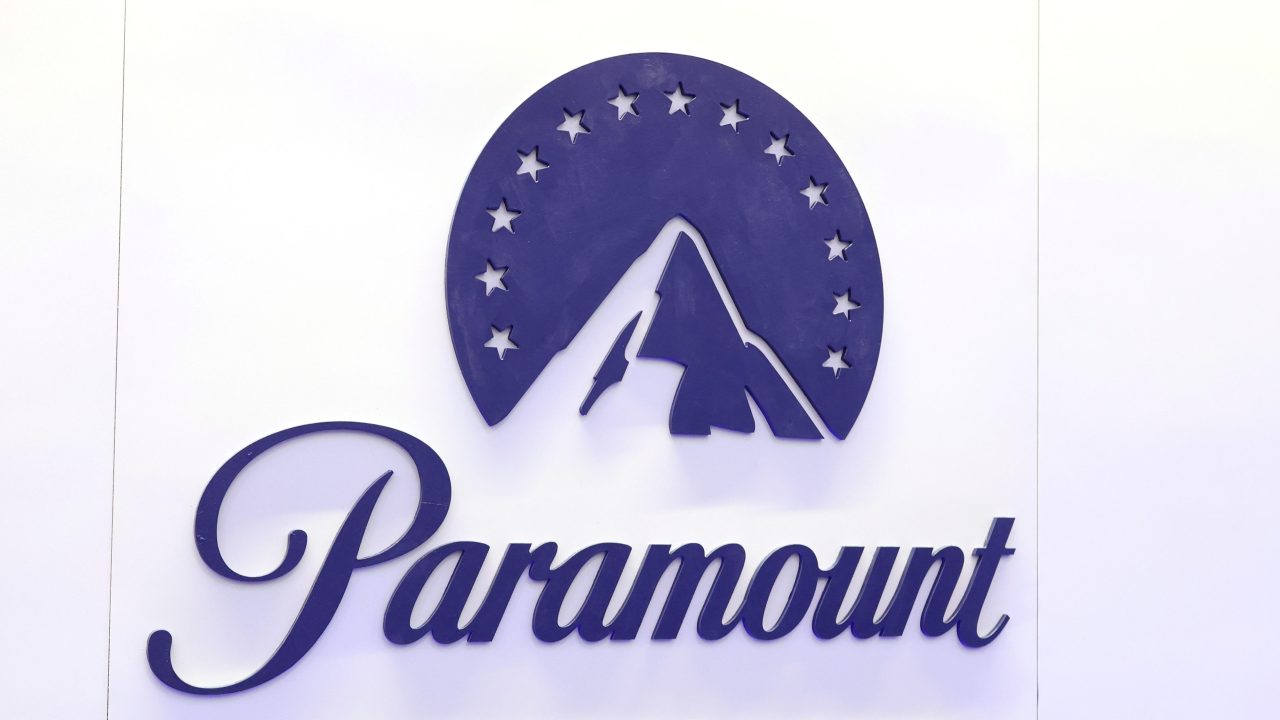
The U.S. Court of Appeals for the Sixth Circuit on Thursday affirmed the dismissal of a lawsuit brought by a California man against Paramount Global, owner of 247Sports. The development could make the U.S. Supreme Court more likely to review that same man’s lawsuit against the NBA.
Michael Salazar has sued the NBA and Paramount for alleged violations of the Video Privacy Protection Act of 1988 (VPPA). The VPPA is also known as the “Bork Bill” because it was a Congressional response to a newspaper leaking the video rental history of Judge Robert Bork while he was a nominee for the U.S. Supreme Court. The VPPA makes it illegal for a video tape service provider to knowingly disclose a consumer’s personally identifiable information to a third party.
Salazar’s lawsuits against the NBA and Paramount are extremely similar. Both cases involve Salazar’s online activities while logged into Facebook. He watched videos on NBA.com and 247Sports.com and his Facebook ID was sent via a Facebook cookie to Facebook with the titles of videos he watched. The data was used for, among other things, advertising and marketing. Salazar also subscribed to email newsletters from the NBA and 247Sports. None of these activities involved Salazar paying for services.
Central to the two cases is whether Salazar counts as a “consumer” under the VPPA.
In the NBA case, the U.S. Court of Appeals for the Second Circuit concluded last year that Salazar was a consumer within the meaning of the VPPA. The Second Circuit reasoned that Salazar’s subscription to an NBA.com newsletter involved a transaction of sorts in that he shared his email address, IP address and other personal information. In doing so the Second Circuit vacated U.S. District Judge Jennifer L. Rochon’s dismissal of Salazar’s lawsuit against the NBA. Rochon found that a subscription to a free email newsletter did not make Salazar a consumer because his subscription didn’t provide him special or expanded access to videos on NBA.com when those videos were available to the public.
Meanwhile, U.S. District Judge Eli J. Richardson and now a majority of a three-judge panel on the Sixth Circuit have found Salazar was not a subscriber within the meaning of the VPPA by subscribing to a 247Sports email newsletter. U.S. Circuit Judge John Baylor Nalbandian, writing for himself and U.S. Circuit Judge Alice M. Batchelder, explained that the VPPA involves the act of buying, renting or subscribing of audio-visual content—not just “any and all products or services” that a seller could provide. Salazar didn’t subscribe to audio-visual materials and therefore shouldn’t count as a consumer for purposes of the VPPA, Nalbandian wrote.
Nalbandian acknowledged the ruling “breaks” with the approach used by the Second Circuit, which found that in the context of the NBA newsletter, the term “consumer” should be “understood to encompass a renter, purchaser, or subscriber of any of the provider’s ‘goods or services’—audiovisual or not.” Nalbandian disagreed with that reasoning, noting that an email newsletter with links to videos falls short of the “audio-visual material” designation especially since “the relevant videos were accessible to anyone, even those without a newsletter subscription, by going directly on 247Sports.com.”
In a dissent, U.S. Circuit Judge Rachel Bloomekatz argued that a plain reading of the VPPA indicates Salazar should count as a consumer. Salazar subscribed to a “goods or service” in the form of a newsletter that is distributed by a “video tape service provider.” To that point, Bloomekatz noted, Paramount is a video tape service provider because it “engages in the business” of “delivering video content.” Bloomekatz criticized Nalbandian and Batchelder for what she described as rewriting the VPPA to disqualify Salazar on grounds that the newsletter itself is not audio-visual content. She wrote the VPPA doesn’t explicitly require that.
Paramount Global was represented by David L. Yohai of Weil, Gotshal & Manges in the oral argument before the Sixth Circuit. Salazar was represented by Joshua I. Hammack of Bailey & Glasser.
There is now a circuit split among the Second and Sixth Circuits in cases involving the same man who has sued over NBA.com and 247Sports.com newsletters. The Third, Seventh, Tenth and Eleventh Circuits have offered varying positions in similar cases as well. Last month the NBA petitioned the U.S. Supreme Court to review Salazar v. NBA. The Court might now be more willing to intervene given that two federal courts of appeals have reached conflicting rulings on the same legal issue in cases that feature the same plaintiff and extremely similar facts. The risk of circuit splits remaining in place is they can spark confusion as to how to interpret the law and produce inconsistent results, with winners and losers determined by the federal circuit in which a case happens to be litigated.

